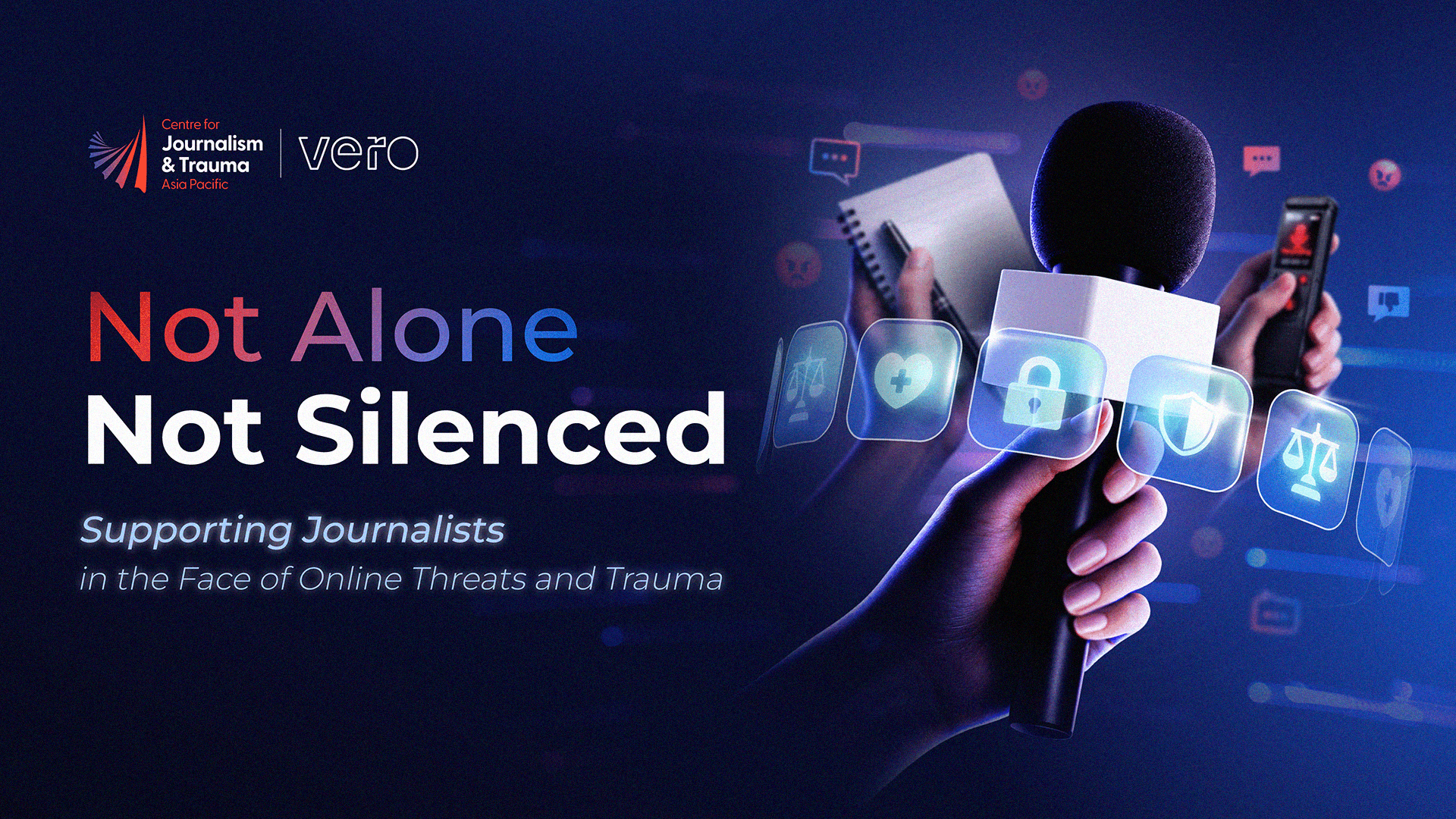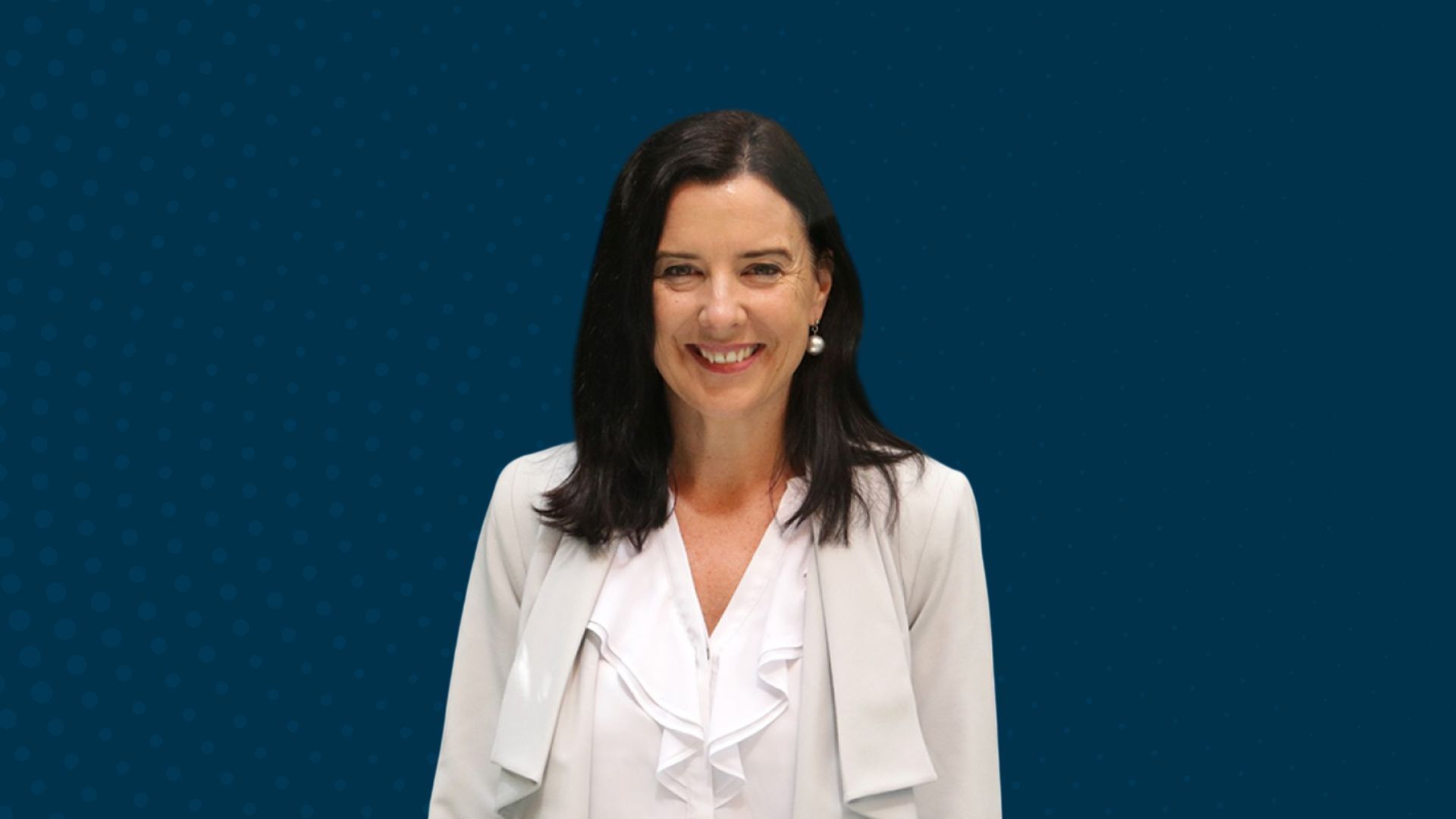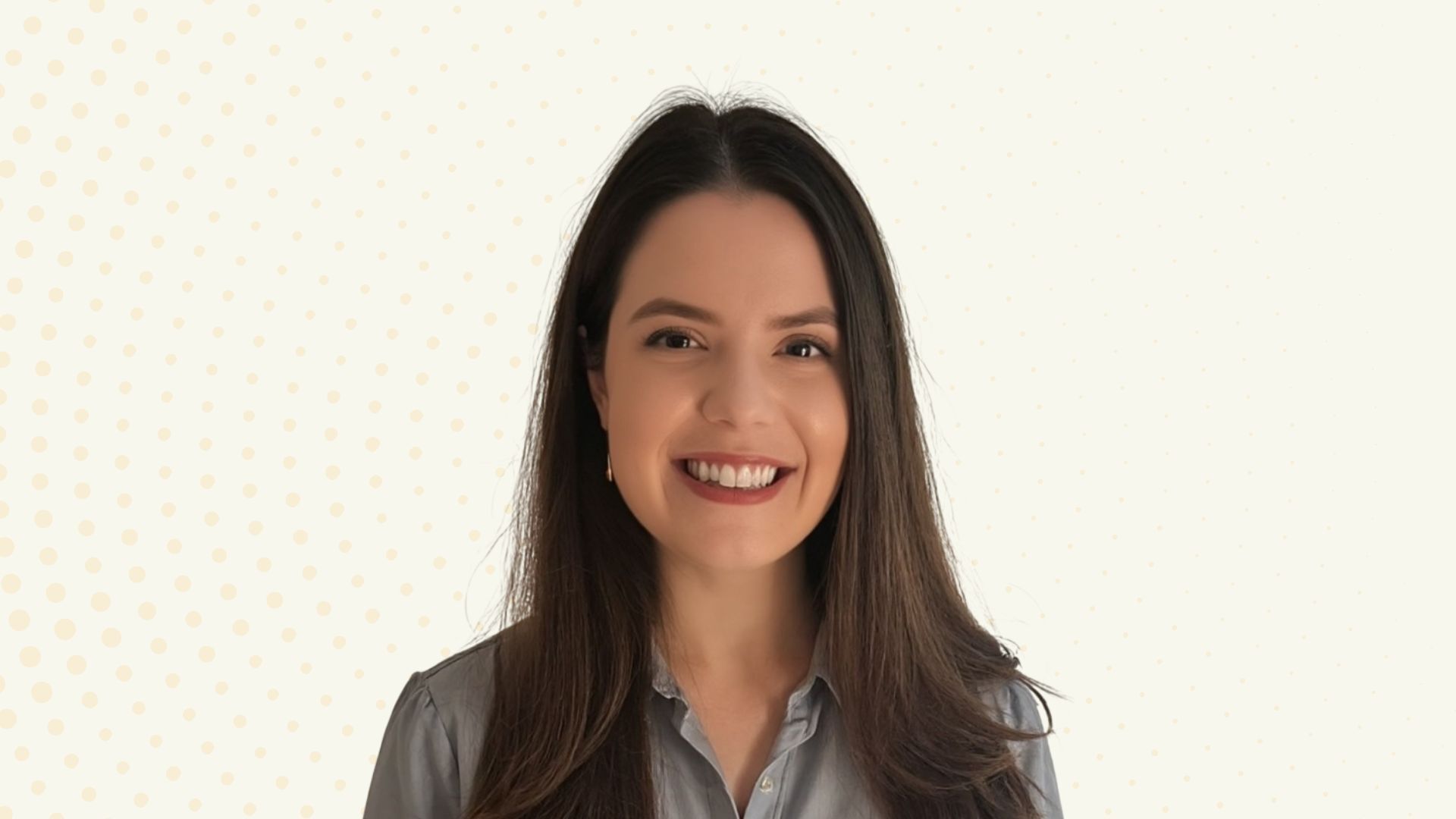Ogilvy has appointed Kapil Arora (pictured left) as CEO of Ogilvy Group Indonesia, effective 1 January 2026. He succeeds Sieg Penaverde (pictured right), who has led the agency’s integrated operations in Indonesia for the past six years.
Kapil has been with Ogilvy for 24 years across five offices, holding leadership roles that include overseeing the Vodafone account in India, heading Ogilvy Delhi, and leading 82.5 Communications in India. He has served as Chief Operating Officer in Indonesia since 2024, working alongside Sieg.
Over the past two years, he has managed key WPP and Ogilvy client relationships in the market, including Nestlé, Azko, SMBC, Kimberly-Clark, and Mastercard, while supporting the agency’s expansion into Indonesia-first client partnerships and strengthening its Content, Social, PR & Influence offerings.
Kunal Jeswani, CEO of Ogilvy ASEAN, said: “We are deeply grateful to Sieg for his leadership, generosity of spirit, and the indelible impact he has had on our business and our people. He leaves with our heartfelt thanks and very best wishes as he embarks on his next chapter. At the same time, I’m genuinely thrilled to see Kapil step into the CEO role; his energy, vision, and commitment to our clients and people will power the next phase of Ogilvy’s growth in Indonesia.”
Kapil added, “I’m genuinely excited and honored to lead our operation in this market. Our clients and our people are extraordinary, and I’ve seen first-hand the scale of potential in our talent and our connected capabilities. We will harness Borderless Creativity and the full breadth of Ogilvy and WPP’s capability to deliver work that creates impact for our clients and communities.”



